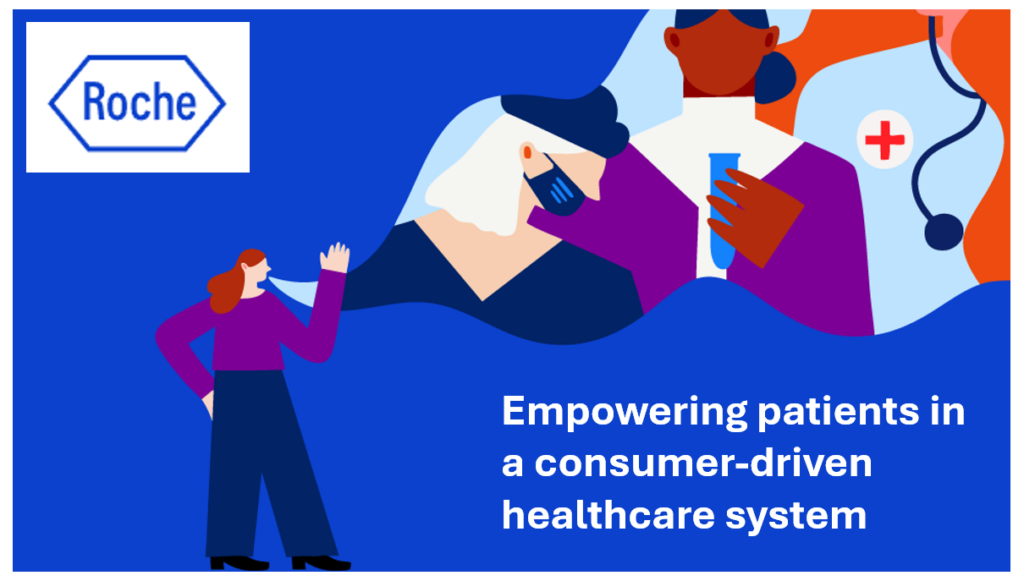
Among stresses facing people at least 50 years of age, health care costs rank top of mind compared with other issues like long-term care, health insurance, Social Security, taxes, and being read to retire.
Worries about health care costs are particularly stressful among future retirees, 8 of 10 of whom share this top concern along with 7 in 10 recent retirees and 6 in 10 people retired for at least a decade.
Health care stress cuts in two ways: most people are worried about paying for health care, as well as experienced an unanticipated decline in their health, according to the 2019 Health Care Consumer Survey from Nationwide Retirement Institute, part of the insurance and financial insurance company you know with the tagline, “Nationwide is on your side.”
The consumers surveyed in this research fall into three groups: future retirees who aren’t yet retired (and at least 50 years of age); recent retirees who retired less than ten years ago; and, folks who have been retired 10 or more years.
While most people over 50 clearly stress over health care costs and physical health concerns, their financial goals don’t clearly line up that way: most people are thinking about covering living expenses and paying for travel in retirement versus saving for health care spending.
This mis-alignment relates to three areas of personal health economics: finance related to Health Savings Accounts (HSAs), Medicare, and long-term care (LTC).
Just one-half of future retirees who have access to an HSA do not contribute to it, Nationwide found. And, of those who do contribute to an HSA, only 52% use it only for current health care expenses, not as the strategic longer-term tax-advantaged health savings vehicle that it affords a health consumer.
For Medicare, two-thirds of future retirees wish they understood the health plan better. Eight in ten future retirees incorrectly believe that Medicare Part B (physician/ambulatory care) is “free” after paying into Social Security payroll taxes for at least ten years.
Finally, long-term care will be a huge fiscal challenge for millions of future retirees, three-fourths of whom do not carry long-term care coverage — and most of whom believe Medicare covers long-term care, which it does not.
The mis-alignment between financial goals and health care worries continues in the Nationwide study plotline, finding that one-half of future retirees could not even estimate what their annual health care costs would be in retirement. Specifically: one-third of people said their costs would range between $1,000 and $5,000 annually. But the actual average for annual health care costs would be $10,739 based on Nationwide’s calculation in the report.
For this study, Nationwide polled 1,462 older adults age 50 and over with at least $50,000 of investable assets in March and April 2019.
 Health Populi’s Hot Points: ‘Tis the season for more studies on financial health and health care costs: here’s another study just published by Bank of America that bolsters the Nationwide findings on workers stressing out due to health care costs.
Health Populi’s Hot Points: ‘Tis the season for more studies on financial health and health care costs: here’s another study just published by Bank of America that bolsters the Nationwide findings on workers stressing out due to health care costs.
This third chart comes from the BofA 2019 Workplace Benefits Report based on the bank’s poll of 996 U.S. employees who participated in 401(k) plans in February 2019.
Note that projected health care costs in retirement grew 23% in the four years prior to 2018, according to EBRI. But wages grew only a fraction of this, and benefit costs rose much faster the Pew Research Group has calculated.
“The financial burden of healthcare is staggering,” Bank of America asserts in its report, with 53% of employees skipping or postponing some form of health care in the past year due to costs — such as skipping a medical appointment, a medical test or procedure, purchasing medications, being admitted to hospital, or opting out of health insurance, BofA found.
 Americans continue to trade-off wages for benefits, and especially healthcare benefits. On Twitter, a group of my health/care policy and technology colleagues has been engaging in a discussion about people self-rationing care, spurred by this Forbes essay on “younger people” taking on “risky behaviors” skipping health care due to cost. This isn’t just a health behavior adopted by younger people. The healthcare financial risk-shift to the mainstream American consumer compels people across socioeconomic strata to postpone or otherwise self-ration health care. The patient is the payor, and payors risk-manage as best as they can.
Americans continue to trade-off wages for benefits, and especially healthcare benefits. On Twitter, a group of my health/care policy and technology colleagues has been engaging in a discussion about people self-rationing care, spurred by this Forbes essay on “younger people” taking on “risky behaviors” skipping health care due to cost. This isn’t just a health behavior adopted by younger people. The healthcare financial risk-shift to the mainstream American consumer compels people across socioeconomic strata to postpone or otherwise self-ration health care. The patient is the payor, and payors risk-manage as best as they can.





 I was invited to be a Judge for the upcoming
I was invited to be a Judge for the upcoming  Thank you Team Roche for inviting me to brainstorm patients as health citizens, consumers, payers, and voters
Thank you Team Roche for inviting me to brainstorm patients as health citizens, consumers, payers, and voters  For the past 15 years,
For the past 15 years,